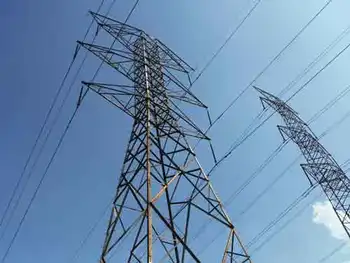OEB forced smart meters despite problems
The OEB put the concerns to the Independent Electricity System Operator, and then ordered the distributors to proceed with the mandatory plan.
The order is included in an August 4 memo from the OEB to electricity distributors, released by the Ontario Conservative Party.
"Representatives of a number of distributors expressed the view that the setting of mandatory TOU dates is premature and inappropriate at this time because of issues associated with the performance and stability of the SME's meter data management and repository," the memo says. "After reviewing the IESO's response, the board is satisfied that deferral of the mandatory TOU dates as set out in the June Proposed Determination is not warranted by reason of MDM/R readiness or performance issues."
TOU pricing, where ratepayers are charged different rates depending on the time that they use the power, has resulted in price hikes to the majority of homeowners, although some people have seen a drop in their bills, according to Toronto Hydro.
It was previously revealed that Hydro One was one of the distributors that raised a red flag about the program.
Related News

Hydro One reports $1.1B Q2 profit boosted by one-time gain due to court ruling
TORONTO - Hydro One Ltd. reported a second-quarter profit of $1.1 billion, boosted by a one-time gain related to a court decision.
The power utility says it saw a one-time gain of $867 million in the quarter due to an Ontario court ruling on a deferred tax asset appeal that set aside an Ontario Energy Board decision.
Hydro One says the profit amounted to $1.84 per share for the quarter ended June 30, up from $155 million or 26 cents per share a year earlier.
On an adjusted basis, it says it earned 39 cents per share for the quarter, up from an…





